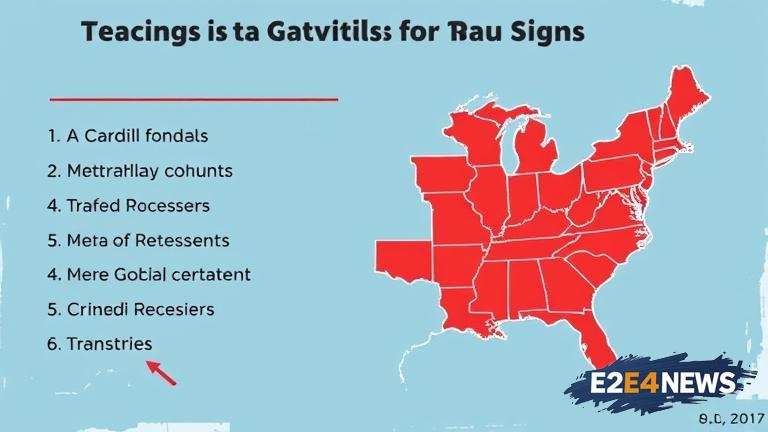The Trump administration has been actively engaged in trade negotiations with several countries, resulting in a series of tariff letters being sent to various nations. These letters outline the potential tariffs that could be imposed on certain goods if trade agreements are not met. The list of tariff letters has been growing, with some of the most notable ones being sent to China, Mexico, Canada, and the European Union. The tariffs threatened range from 10% to 25% on a wide range of products, including steel, aluminum, automobiles, and agricultural goods. The tariffs are intended to protect American industries and jobs, but they have also sparked concerns about retaliation from other countries. The trade tensions have been escalating, with some countries already imposing their own tariffs on US goods. The situation has been closely watched by businesses, investors, and consumers, who are worried about the potential impact on the global economy. The Trump administration has argued that the tariffs are necessary to address trade imbalances and unfair trade practices, but critics argue that they could lead to a trade war. The US has also been negotiating with countries to try to reach trade agreements, but the process has been slow and contentious. The tariff letters have been seen as a way to pressure countries into making concessions, but they have also been criticized for being unpredictable and potentially damaging to the economy. The situation remains fluid, with new developments emerging on a regular basis. The US has also been considering imposing tariffs on other countries, including Japan and South Korea. The trade tensions have been a major topic of discussion in the business world, with many companies expressing concerns about the potential impact on their operations. The tariffs have also been a major issue in the political arena, with some lawmakers expressing support for the administration’s trade policies, while others have criticized them as being too aggressive. The situation is likely to continue to evolve in the coming months, with potential implications for the global economy. The US has also been working to renegotiate existing trade agreements, such as NAFTA, in an effort to secure better terms for American businesses. The trade tensions have also had an impact on the stock market, with some investors becoming increasingly nervous about the potential consequences of a trade war. The Trump administration has maintained that it is committed to free and fair trade, but the tariff letters have raised concerns about the potential for protectionism. The situation is complex and multifaceted, with many different factors at play. The US has also been considering imposing tariffs on other products, including solar panels and washing machines. The trade tensions have been a major challenge for the Trump administration, which has been trying to balance the need to protect American industries with the risk of sparking a trade war.
